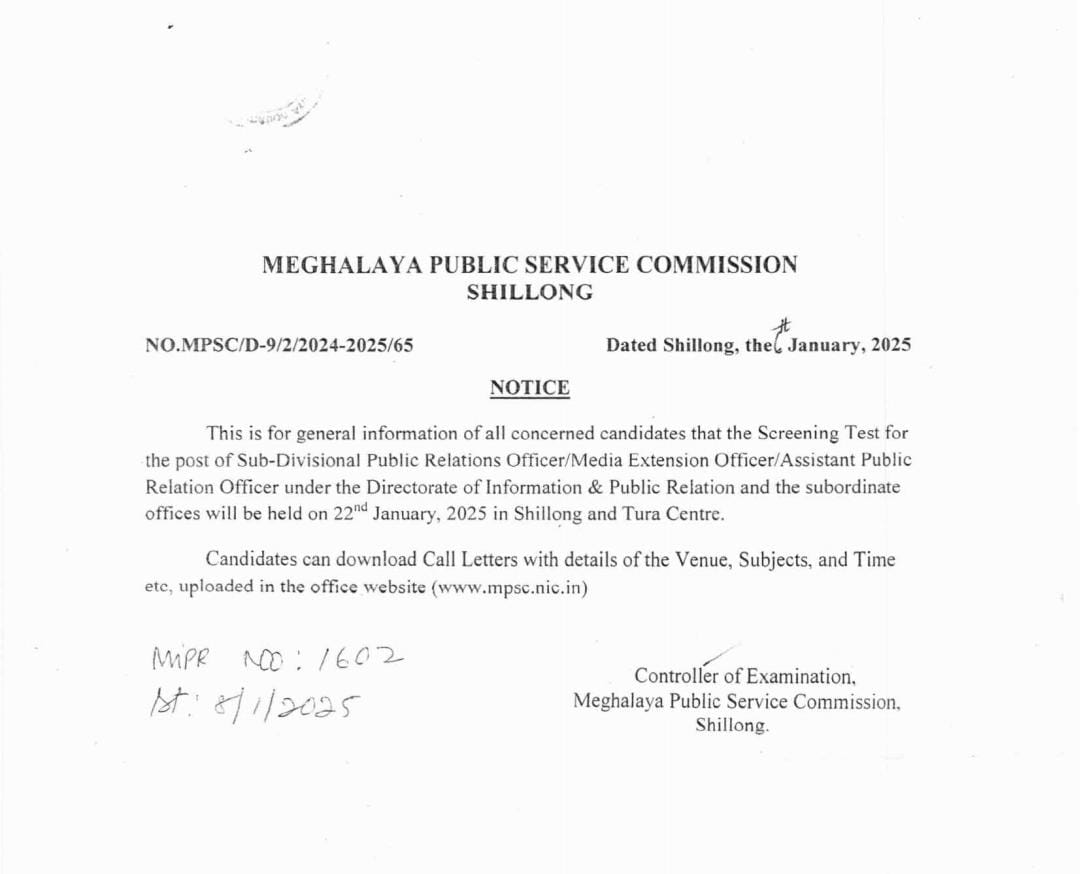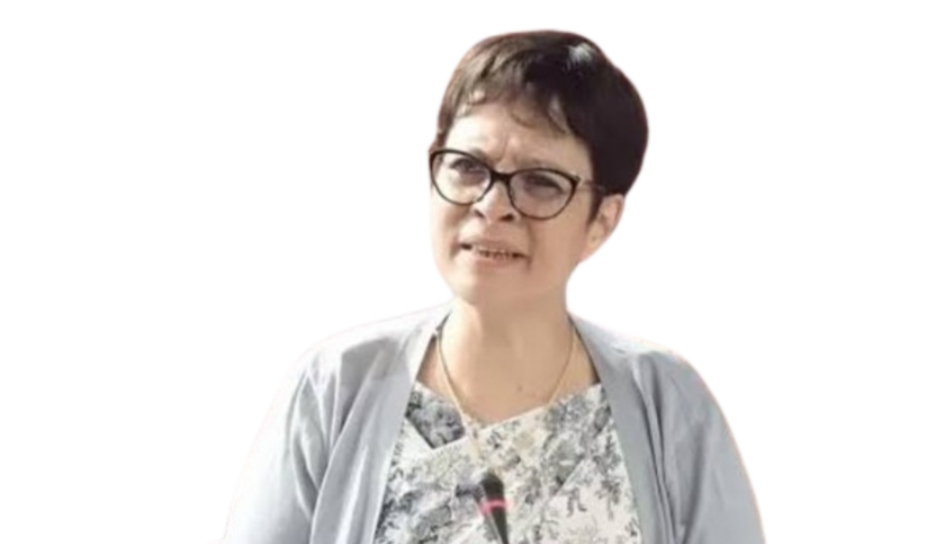Shillong, January 12: The first-ever Meghalaya Cabinet retreat held at Sohra concluded successfully, marking a significant step toward collaborative governance and streamlined departmental planning. Chief Minister Conrad K. Sangma chaired the two-day retreat, which brought all departments under a common platform to address critical issues, set targets, and strategize for progress.
Reflecting on the retreat, Cabinet Minister Dr. M. Ampareen Lyngdoh shared key insights with the media, emphasizing its focus on improved planning and inter-departmental coordination.
“I’m seeing a paradigm in planning, preparation, strategies, and targeting of progress of works of departments to be able to evaluate,” she stated.
“This is a good thing that I have seen happening, and we are very grateful to the Chief Minister for his dynamic vision in ensuring that we review critical areas, set targets for ourselves, talk about the challenges, and sort out these challenges with subsequent preparation and preparedness of a blueprint. This, I think, will give us a very focused approach,” the Minister said.
Dr. Lyngdoh underscored the value of inter-departmental collaboration fostered by the retreat, noting its potential to overcome bureaucratic gaps that often delay projects.
“As a minister for many years, there is a tendency that we don’t know what’s going on in other departments. So we have projects which get slowed down because of other departments not coming forward. Here we had a common platform, where the Health Department was able to say that this many sub-centers, district hospitals, PHCs, and CHCs are still not functioning well because of lack of power or approach roads. Suddenly, all departments sitting together on a common platform is good,” she said.
Highlighting developments in the veterinary sector, Ampareen noted, “Just now we were talking about veterinary—so many things I did not know, and I was very pleasantly surprised to hear that a veterinary hospital is coming up. We were not able to even understand diseases attacking the poultry, pigs, or cattle in Meghalaya. So now, at least, this big gap is going to be sorted out.”
Addressing criticisms about the retreat, Dr. Lyngdoh defended its impact. “If you ask me whether this has been a lavish planning of extravagant spending, I would say nothing matches the learning that all of us have been exposed to. The bureaucracy, under the leadership of the Chief Secretary, is also getting geared up, preparing themselves, understanding what they’re talking about, and fixing responsibility. These are your roles, heads of departments; these are your roles. What is the interfacing that is required?”
While acknowledging the overwhelming flow of information, she highlighted its productivity. “If you ask me whether I have been exhausted by the big information flow—so much information coming to me—my mind has pleasantly surprised itself because this information has been very, very productive,” she said.
Dr. Lyngdoh expressed optimism about repeating such retreats in the future, citing their alignment with central government practices. “Personally, I would say we must repeat this exercise. The Government of India is also looking at the Government of Meghalaya and checking its preparedness in what it requires. The top-down approach has been disbanded, and now you are having the bottom-up approach. This is good,” she said.
Concluding her remarks, Dr. Lyngdoh addressed critics with a firm statement: “To critics, maybe, but let me tell the critics, open your eyes. Listen to what we’re saying. You cannot just fool us. We have not been fooled. This is actually a good learning experience.”


